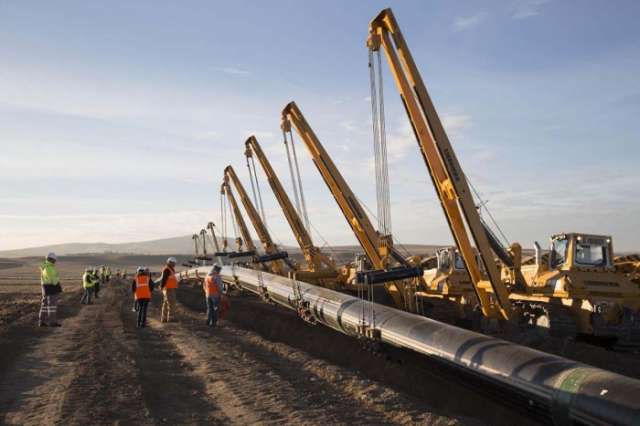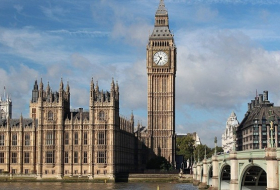“There are obvious benefits for Europe, as the continent is still looking for diversification of its natural gas supply options. By addressing and opening up Central Asian/Caucasus sources, additional volumes of gas can be sourced,” said the expert.
He noted that in general, both Turkmenistan and Azerbaijan both hold vast gas reserves which can and should be made commercially viable and producible.
“By increasing demand options (aka EU) both will be able to monetize their gas against viable and attractive gas market price settings. It also will increase the relationship between both regions to the fullest,” said Widdershoven.
He pointed out that the Trans Caspian Pipeline should be heavily be supported by the European Bank for Reconstruction and Development, the European Investment Bank , the International Monetary Fund and institutional investors.
“All these parties should increase their support as natural gas is the only energy transition fuel available, needed to decarbonize system from coal or oil for power use. At same time, natural gas can be used in the respective client countries to set up their own or support petrochemical, plastic and fertelizer sectors,” the expert concluded.
Trans-Caspian Pipeline envisages transportation of Turkmen gas to Europe through Azerbaijan.
Turkmenistan is studying the possibility of bringing its energy products to the European market. To this end, a 300-kilometer gas pipeline will have to be laid along the Caspian seabed to the shores of Azerbaijan.
Turkmenistan has declared its readiness to supply Europe with an annual volume of up to 40 billion cubic meters of gas.
More about:
















































